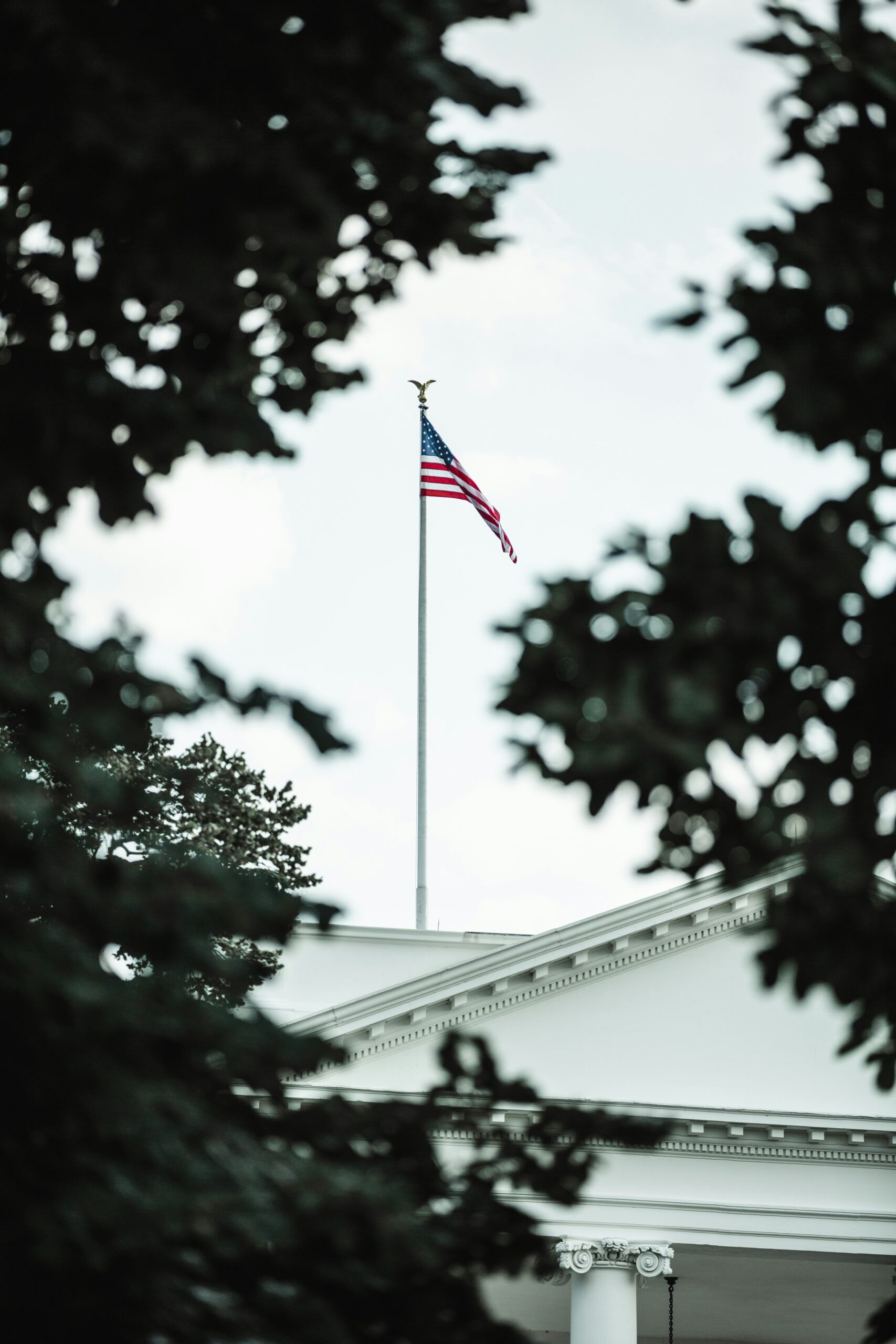
Introduction
In a significant escalation of federal involvement in local law enforcement, President Donald Trump has announced the deployment of the US National Guard to Washington, DC, citing a need to restore law and order amidst what he described as a crime spree. This move places the nation’s capital under direct federal control, sparking controversy and concern among local officials and residents.
Details of the Deployment
During a press conference on Monday, President Trump declared what he called ‘liberation day’ for DC, invoking Section 740 of the District of Columbia Home Rule Act. This unprecedented move not only deploys 800 National Guard troops but also places the DC Metropolitan Police Department under the control of the federal government, specifically under US Attorney General Pam Bondi. Trump also mentioned the possibility of bringing in additional military forces if necessary.
Local and National Reactions
The decision has been met with strong criticism from local leaders and advocacy groups who argue that it infringes on the rights and autonomy of the city’s residents. Washington, DC Mayor Muriel Bowser has openly criticized the effectiveness of this strategy, suggesting that funding for prosecutors would be more beneficial for the city’s safety. Critics also label the move as a publicity stunt, noting that violent crime in DC has been decreasing, with 2024 crime rates at their lowest in three decades.
Background and Context
This is not the first time President Trump has opted to deploy the National Guard in response to civil unrest. His administration previously mobilized troops during Black Lives Matter protests and immigrant-rights demonstrations in Los Angeles. The decision to deploy the National Guard in Washington follows a pattern of heightened federal intervention under Trump’s leadership.
Implications and Outlook
While the President cites public safety as the primary concern, the deployment raises significant constitutional and legal questions about the balance of power between federal and local governance. It also highlights ongoing debates over the autonomy of Washington, DC, which has been a hotbed for advocacy for statehood and greater self-governance.
Conclusion
The deployment of the National Guard to Washington, DC marks a pivotal moment in US politics, reflecting broader themes of federal authority over local jurisdictions. As this situation unfolds, it will undoubtedly continue to spark debate and legal scrutiny, shaping the landscape of American civil governance.


